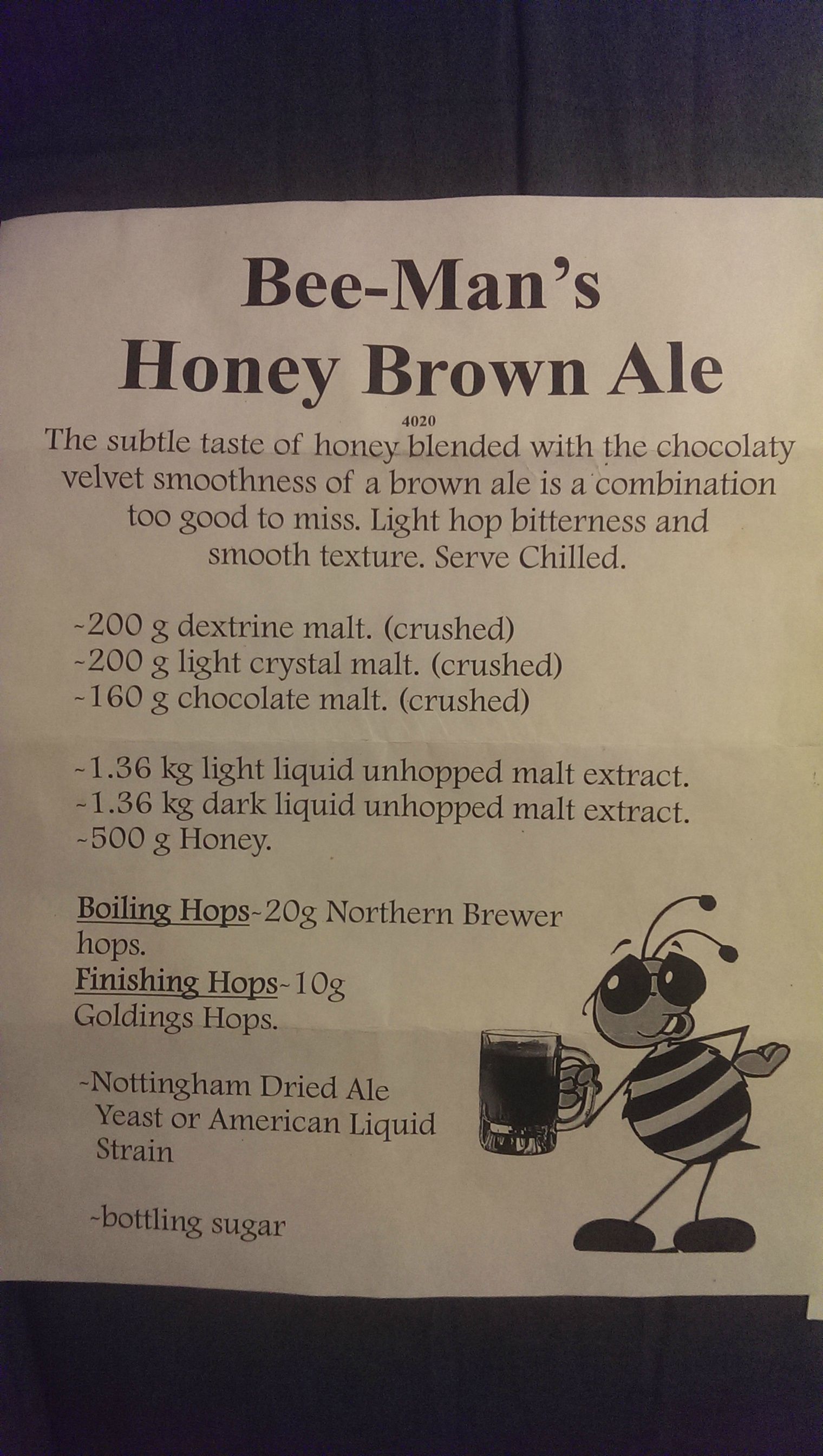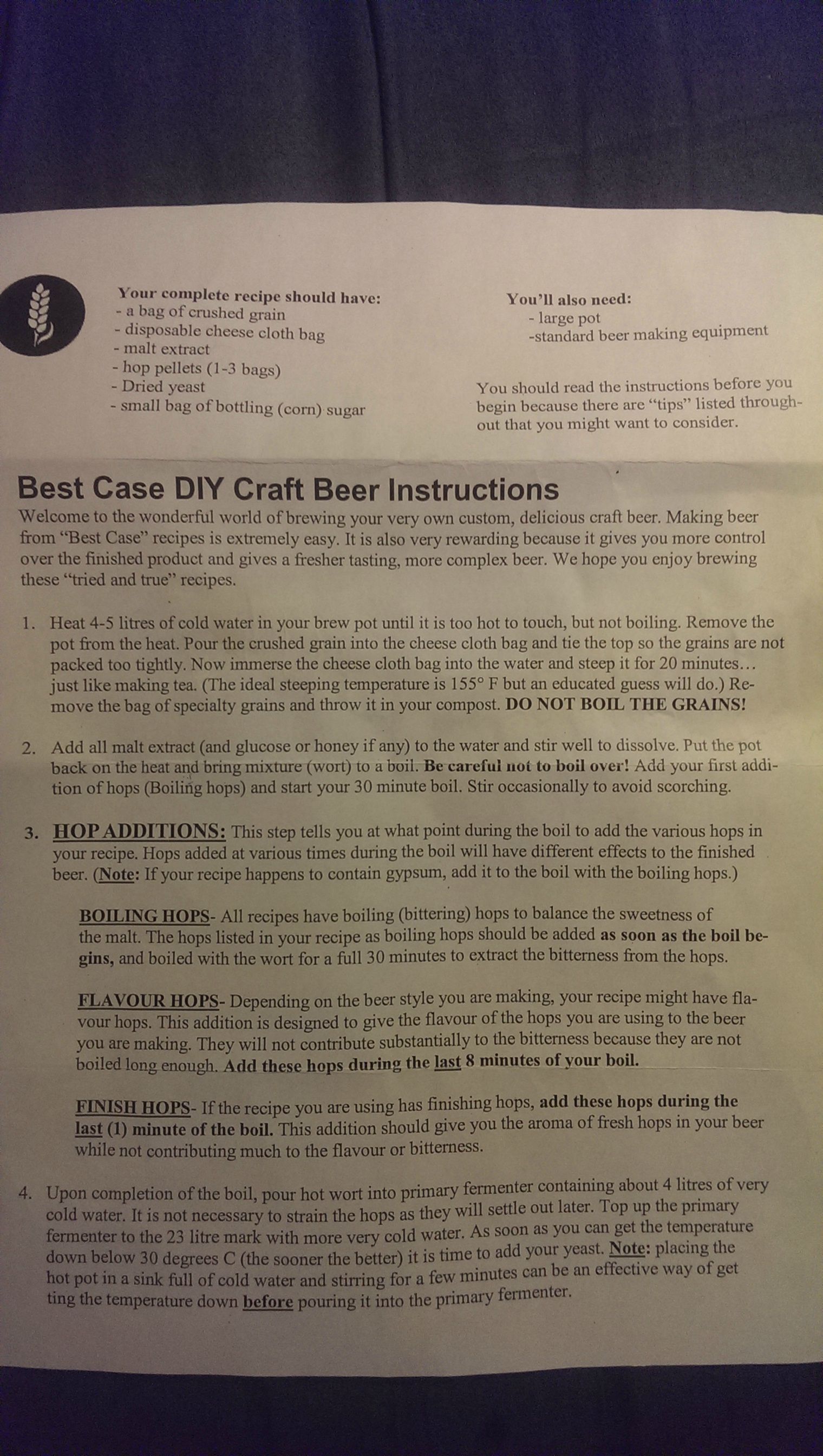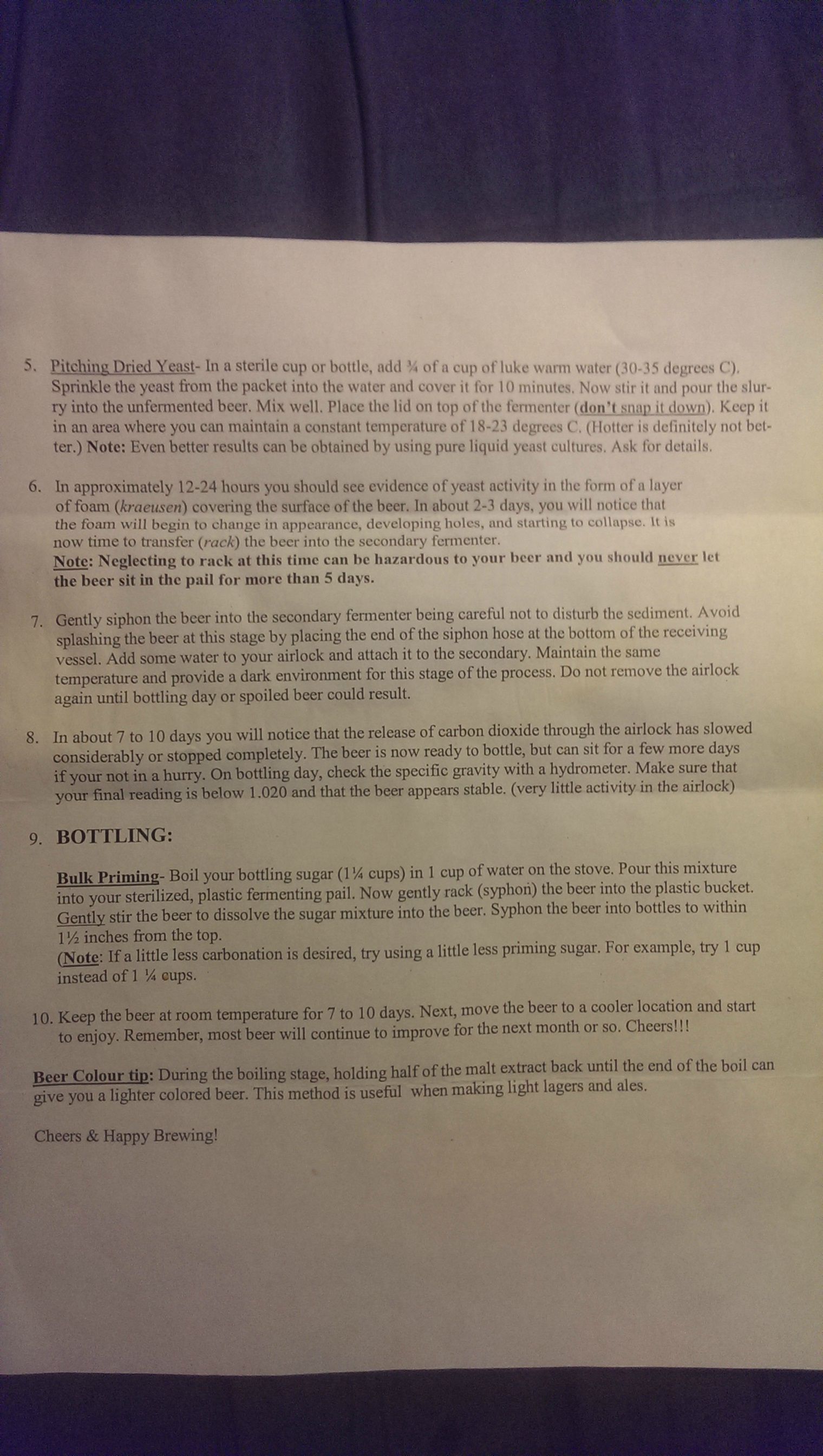EDIT: Conclusion: Extracted tannins from steeping my grains at a temperature way too high.
My first batch has a very crisp, dry taste. It tastes really good, definitely gonna drink all this batch but it leaves your mouth a bit dry.
What causes that? Fermentation temps too high? What should I be aiming for in the middle of the wort? Side of the fermenter? I'm building a fermentation chamber right now so temps won't be a problem for the next batch.
Thanks!
My first batch has a very crisp, dry taste. It tastes really good, definitely gonna drink all this batch but it leaves your mouth a bit dry.
What causes that? Fermentation temps too high? What should I be aiming for in the middle of the wort? Side of the fermenter? I'm building a fermentation chamber right now so temps won't be a problem for the next batch.
Thanks!




